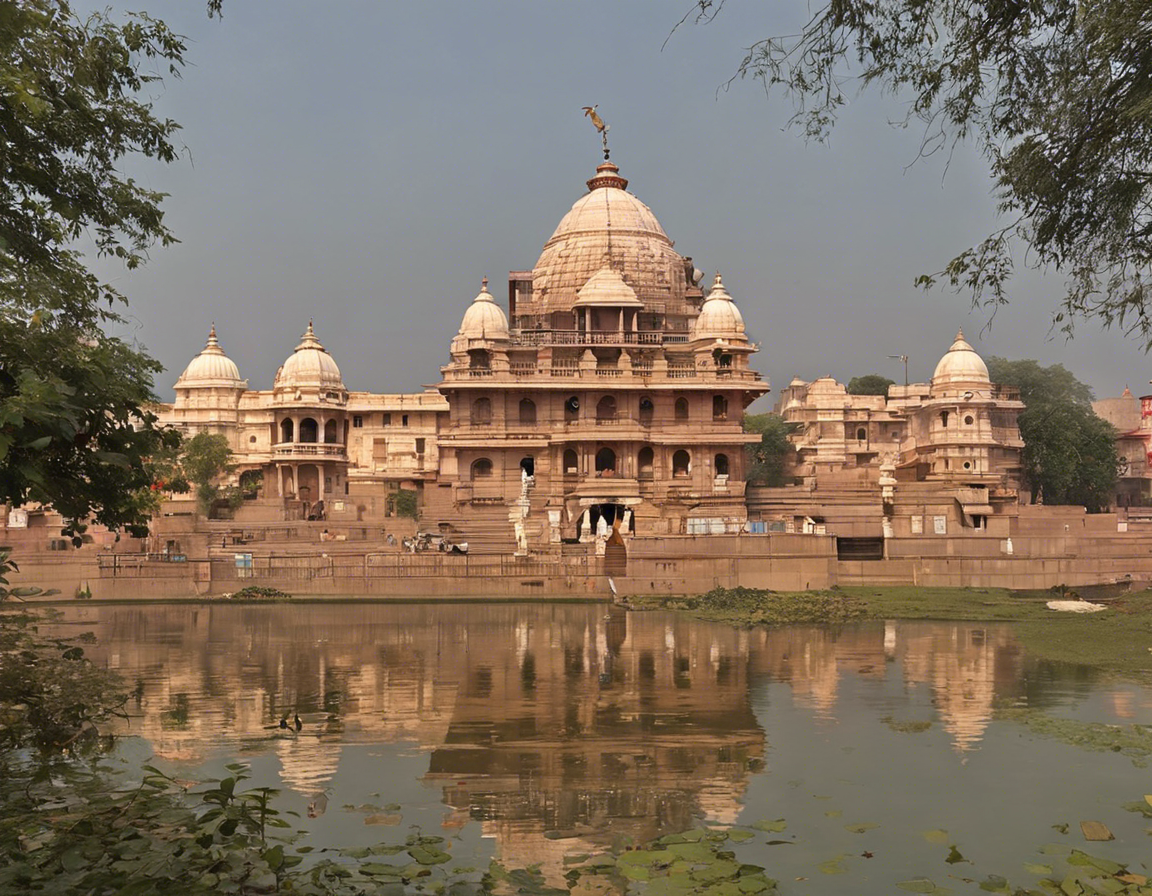Cricket Control: The Role of BCCI
Introduction:
Cricket is not just a sport in India; it’s akin to a religion that unites millions across the country. The Board of Control for Cricket in India (BCCI) plays a pivotal role in governing and promoting the sport in the nation where cricket enjoys an almost sacred status. As the richest and most influential cricket board globally, the BCCI wields significant power and influence in shaping the cricketing landscape at both domestic and international levels.
The Formation of BCCI:
The BCCI was formed in December 1928 as a society, registered under the Tamil Nadu Societies Registration Act. Over the decades, it has grown in stature and scope, overseeing not just the national team but also domestic tournaments like the Ranji Trophy, Duleep Trophy, and the Indian Premier League (IPL).
BCCI’s Role in Indian Cricket:
-
Administration: The BCCI governs and administers all cricket activities in India, from grassroots to the national team. It formulates rules and regulations, selects national teams, appoints coaches and support staff, and organizes domestic and international matches.
-
Financial Powerhouse: One of the key strengths of the BCCI is its financial clout. With the IPL, BCCI has redefined cricket economics globally. The massive revenue generated by the IPL has trickled down to benefit domestic players, coaches, and infrastructure.
-
Player Welfare: The BCCI oversees the welfare of players, ensuring proper compensation, insurance, and medical facilities. It also provides support and guidance to retired cricketers through various welfare schemes.
-
Promotion of the Sport: BCCI plays a crucial role in promoting cricket across the country. It invests in grassroots development, talent scouting programs, and infrastructure enhancement to nurture the next generation of cricketers.
BCCI’s Global Influence:
-
International Cricket Council (ICC): BCCI holds considerable sway in the ICC due to its financial and cricketing dominance. It actively participates in ICC meetings and decisions, safeguarding India’s interests in global cricket governance.
-
Bilateral Series: BCCI’s influence in world cricket is evident through the scheduling of bilateral series. Other cricket boards often prioritize hosting India due to the revenue it generates, indicating BCCI’s pivotal role in shaping international cricket calendars.
Challenges Faced by BCCI:
While BCCI enjoys immense power and influence, it’s not immune to challenges. Some of the key hurdles include:
-
Conflict of Interest: BCCI has faced criticism for conflicts of interest within its administration, especially concerning stakeholders wearing multiple hats – as administrators, team owners, or commentators.
-
Legal Battles: The BCCI has been embroiled in legal battles over governance issues, transparency, and compliance with judicial directives. These legal tussles have at times tarnished the board’s reputation.
-
Age-old Structures: The traditional power dynamics within BCCI, often influenced by regional politics, pose a challenge to reform and modernization efforts. Breaking away from age-old structures is essential for the board’s long-term sustainability.
FAQs:
-
What is the BCCI’s role in selecting the Indian cricket team?
The BCCI’s selection committee, comprising former cricketers, is responsible for picking the Indian cricket team for various formats based on performance, fitness, and team requirements. -
How does the BCCI generate revenue?
The BCCI’s primary revenue sources include media rights, sponsorships, and the IPL. The board’s commercial ventures and endorsements also contribute significantly to its income. -
Does the BCCI support women’s cricket in India?
Yes, the BCCI has made significant strides in promoting women’s cricket by organizing domestic leagues, sponsoring players, and providing better facilities and pay scales. -
How does the BCCI support grassroots cricket development in India?
The BCCI invests in talent scouting programs, academies, and infrastructure development at the grassroots level to nurture young talent and ensure a steady supply of cricketers for the future. -
What is the BCCI’s stance on cricketing controversies and disciplinary issues?
The BCCI has a robust disciplinary committee that addresses any controversies or disciplinary issues within Indian cricket, ensuring fair hearings and appropriate actions as needed.
In conclusion, the BCCI’s role in Indian cricket is multi-faceted, encompassing governance, financial prowess, player welfare, and global influence. While facing certain challenges, the board continues to steer Indian cricket towards greater heights, ensuring that the sport remains a unifying force for millions in the country.





